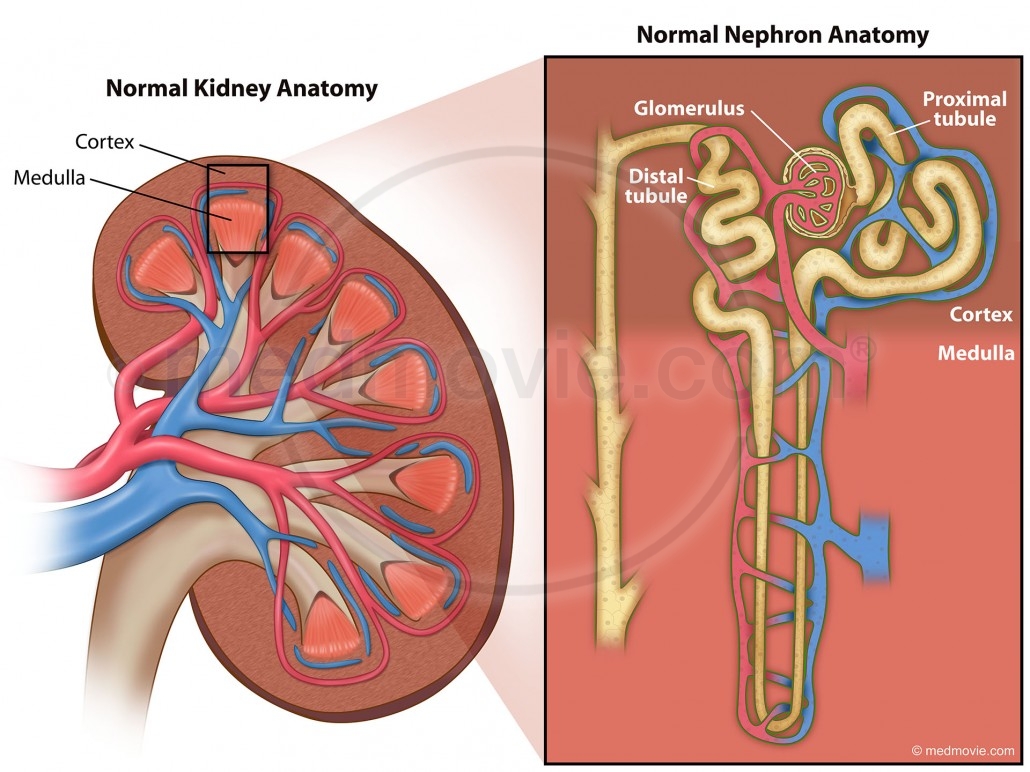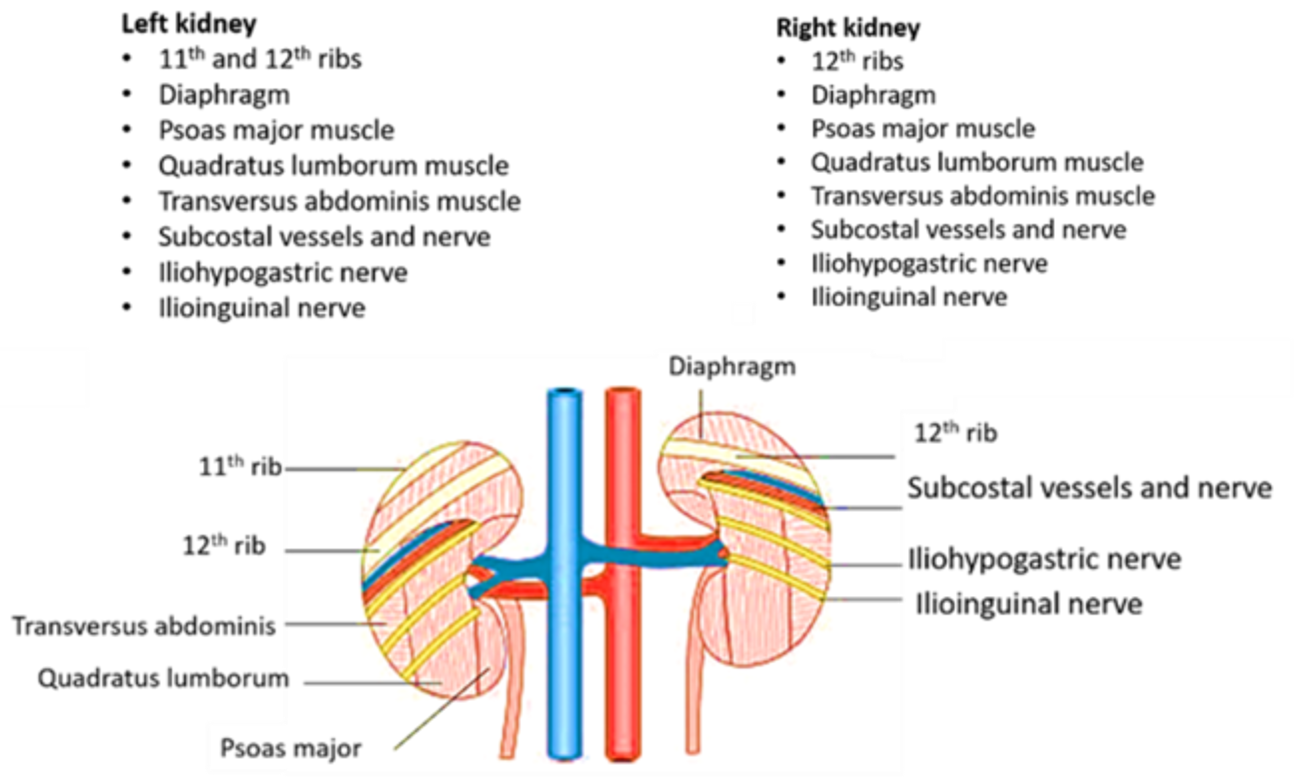Understanding the Critical Roles of Kidneys in Our Body
Our kidneys are remarkable organs that play a vital role in maintaining a healthy life. They perform numerous essential functions, from filtering waste products to regulating fluid balance. However, amidst these functions, one activity often raises questions: which of the following is not a function of the kidneys?

Image: riset.guru
Not a Function of the Kidney: Red Blood Cell Production
Among the diverse repertoire of kidney functions, red blood cell production stands out as a task that the kidneys do not perform. Erythropoiesis, the process of creating red blood cells, primarily occurs in the bone marrow. The kidneys have no direct involvement in this critical function.
Comprehensive Overview of Kidney Functions
To fully appreciate the diverse roles played by kidneys, let’s delve into their key functions:
- Waste Filtration: Kidneys act as natural filters, removing waste products from the blood, including urea and creatinine.
- Acid-Base Balance Regulation: They ensure an optimal pH balance in our body by eliminating acids and conserving alkaline substances.
- Fluid Balance Regulation: Kidneys play a crucial role in regulating fluid levels, maintaining the delicate balance of water and electrolytes.
- Blood Pressure Regulation: They secrete enzymes that affect blood pressure and help maintain circulatory health.
- Hormone Secretion: Kidneys produce hormones like erythropoietin (stimulates red blood cell production in the bone marrow) and renin (involved in blood pressure regulation).
The harmonious functioning of the kidneys is essential for overall health and wellbeing. If their functions are compromised, it can lead to a wide range of health complications.
Latest Trends and Updates in Kidney Research
Medical research continuously unravels new insights into kidney functions and treatments. Genetic studies aim to identify individuals susceptible to kidney diseases, while advances in transplantation techniques offer hope for end-stage renal failure patients. Artificial kidney technologies are also emerging, seeking to provide alternative solutions to manage kidney functions.
Keeping abreast of these developments is crucial for healthcare providers and patients alike, enabling them to access the latest information and therapies.

Image: anatomyqa.com
Expert Advice for Healthy Kidney Function
Maintain Adequate Hydration: Proper hydration supports kidney function by facilitating waste elimination.
Choose a Balanced Diet: A well-balanced diet, low in sodium and phosphorus, can help protect kidney health.
Manage Blood Pressure: Keeping blood pressure within a healthy range reduces strain on the kidneys.
Regular Screening: Routine checkups and urine analysis can detect early signs of kidney problems.
By implementing these tips and seeking medical advice when needed, you can support kidney function and promote overall health.
Frequently Asked Questions about Kidney Functions
- Q: What is the main role of the kidneys?
- A: Filtering waste products, regulating fluid balance, and maintaining acid-base and electrolyte levels.
- Q: Why are my kidneys important?
- A: They maintain a healthy internal environment, ensuring proper blood composition and overall vitality.
- Q: What factors can harm my kidneys?
- A: Uncontrolled diabetes, hypertension, smoking, excessive alcohol consumption, and certain medications.
Which Of The Following Is Not The Function Of Kidney
Conclusion
Our kidneys perform a multitude of essential functions, making them vital to our health. While they facilitate red blood cell production in the bone marrow, this crucial task is not directly carried out by the kidneys. By understanding the kidneys’ diverse roles and following expert advice, we can proactively support their health and overall well-being.
If you have further inquiries or insights on kidney functions, please share them in the comment section below. Your contributions can foster a knowledge-rich environment for all.

